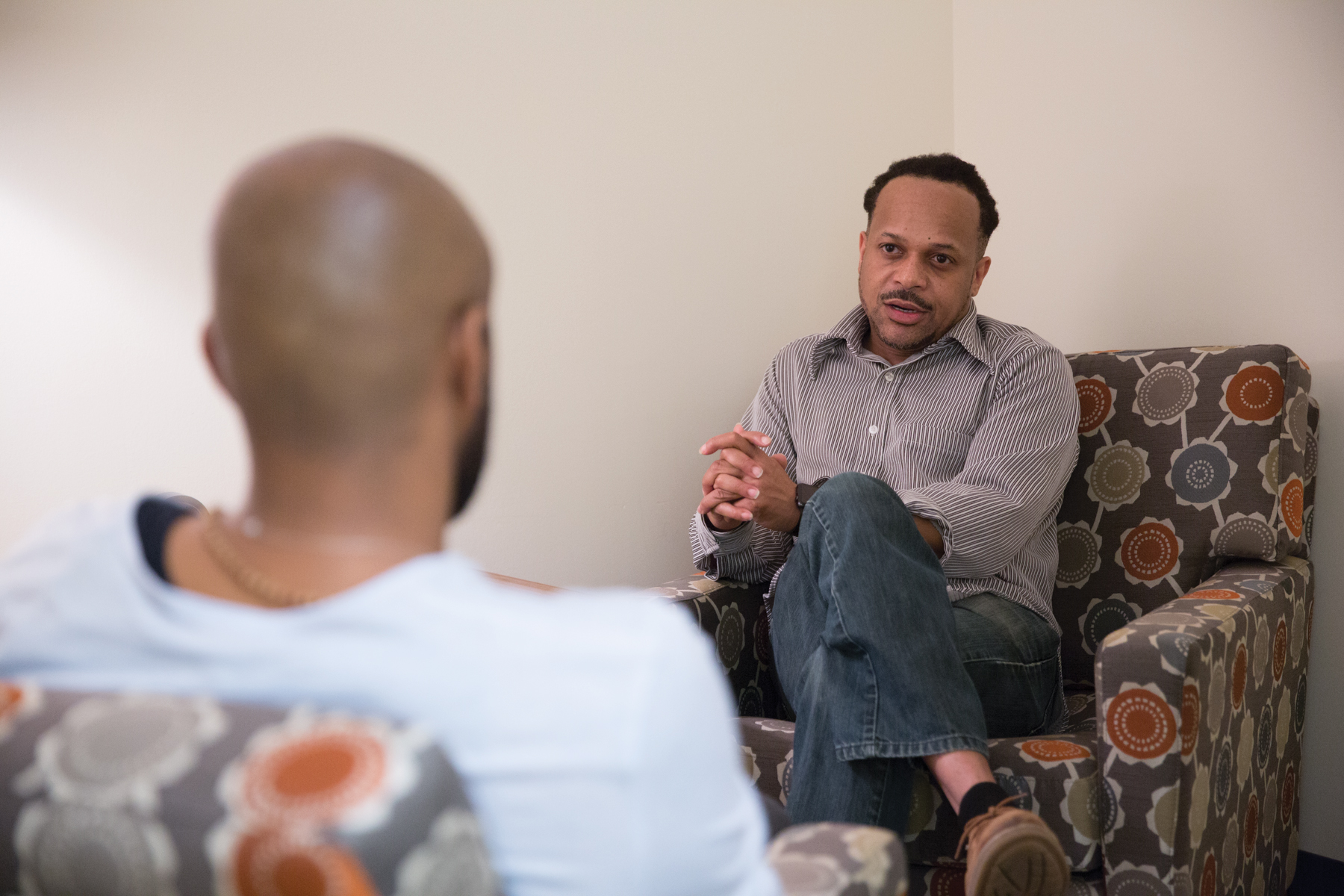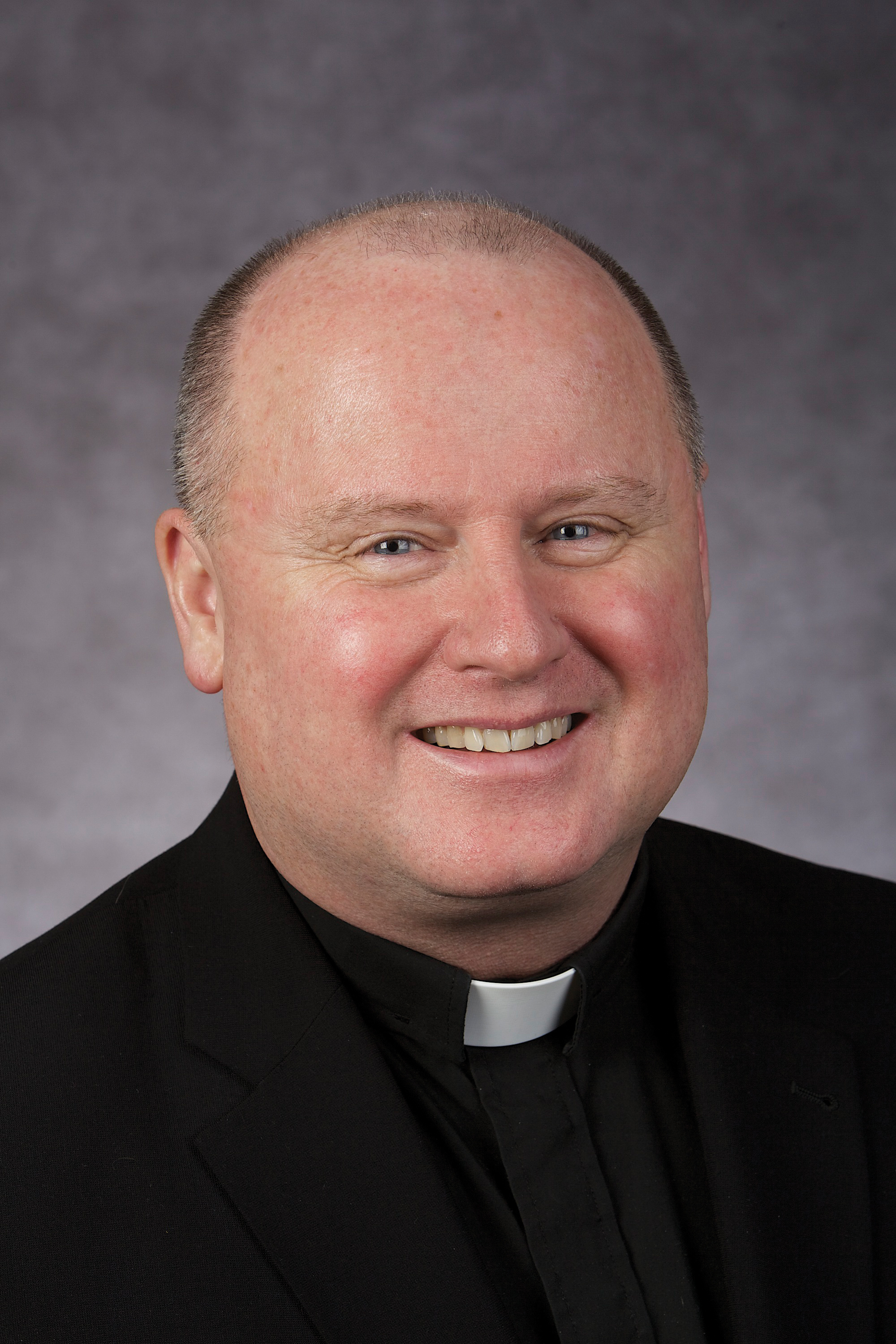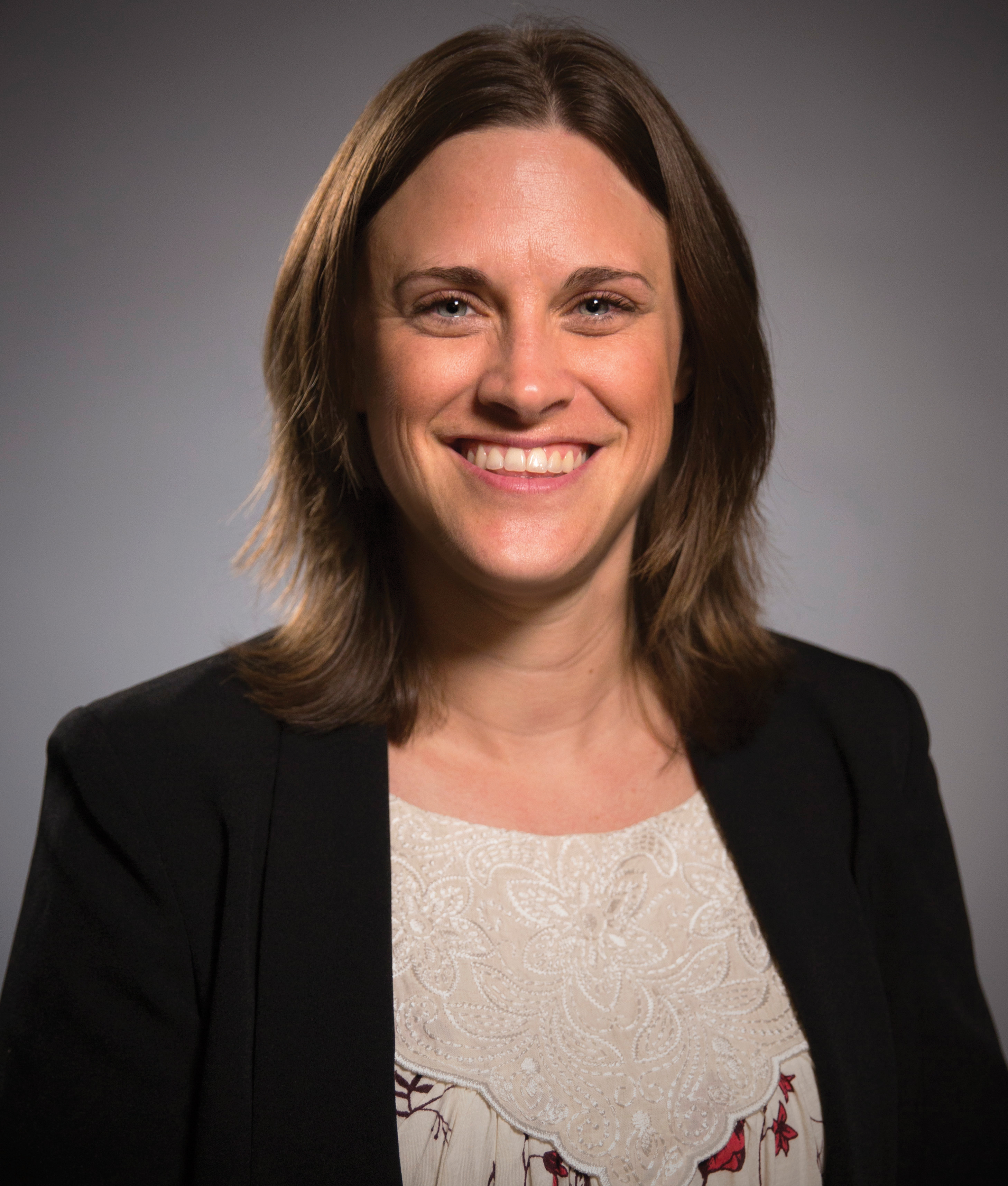Although she could have saved herself a year of classes and tuition at another university, Megan Williams (MED ’11) is truly glad she enrolled in DePaul’s three-year graduate counseling program.
“I can honestly say that I can’t imagine just having two years of preparation,” says Williams, a clinical mental health counselor specializing in addiction and eating disorders. “I’ve really learned to appreciate the way that DePaul prepared me for the field.”
“We’re one of the more demanding programs,” adds the Rev. Patrick McDevitt, C.M., associate professor of counseling, “but at the end of the day, the students realize they get the training they need.”

The proof is in the enrollment and placement statistics. Counseling is the College of Education’s largest graduate program, with 205 students enrolled in the fall of 2016. More than 90 percent of alumni consistently are hired or pursue additional degrees within six months of graduation.
The counseling program earned national recognition in 2011 when DePaul became the first institution in Illinois and the 24th in the nation to affiliate with the Education Trust’s National Center for Transforming School Counseling initiative. The initiative works with school counselors to help close opportunity and achievement gaps for disadvantaged students.
The College of Education’s strategy for success involves extensive supervised experience, which allows students to integrate theory with practice. Students work with clients in the Education and Counseling Center throughout the program and complete an off-site practicum and internship in their third year.
They also hone their skills through service-learning opportunities with community organizations. For example, students studying career counseling created and led workshops on job skills in February and March 2017 for more than 200 clients of Cara, a nonprofit organization that provides career support to people experiencing homelessness and job insecurity.
“Practical experience is really essential in this kind of work,” says Ashley Knight (MED ’04), who earned her counseling degree before becoming dean of students at DePaul in 2015. “I needed to know how to work one-on-one with college students effectively and I needed an urban education.”
Developing the skills to work in urban, multicultural settings is another strength of DePaul’s program. According to Darrick Tovar-Murray, associate professor of counseling, “The emphasis is placed on valuing multiple perspectives, which aligns with the core values of the counseling program and with DePaul. Chicago is one of those cities with people from many different experiences and backgrounds. As counselors, we need to make sure people are welcomed and create a safe space for them.”
Faculty members feel so strongly about Vincentian values that they recently renamed themselves the Vincent de Paul Counseling Program. They updated their mission and values statement to put a clear emphasis on justice, service and leadership.

Fr. McDevitt explains: “Justice means having empathy. Service is doing something about it. Leadership is advocacy, knowing how to have a voice and to advocate for those whose voice isn’t heard.”
The counseling program offers three specialty areas. Graduates of the student development specialty area often work in student affairs, student life, college career counseling, and college health and wellness. Graduates of the school counseling track usually work in K-12 schools. All of these students are ready to take a licensure exam upon graduation.
The third specialty area, clinical mental health, prepares students to work in a broader range of settings, including counseling agencies, hospitals and psychiatric hospitals.
These graduates are ready to take the national counseling exam to become licensed professional counselors. After two years of supervised practice, they may take the National Clinical Mental Health Counseling Examination and become a licensed clinical professional counselor. With this license, they can independently make diagnoses and create treatment plans.
No matter which specialty area they pursue, all students gain a counseling foundation throughout their program.
“What makes counselors distinctive from clinical psychologists is that we provide more support to people who have developmental rather than mental health challenges, although we do provide mental health services,” Fr. McDevitt explains.

“Our students understand how to work with individuals who have major mental health issues and when to refer them to other professionals, if necessary,” adds Rebecca Michel, assistant professor of counseling.
Early intervention is essential to helping K-12 students solve issues before they escalate, says Manuel French (MED ’05, MED ’12), director of counseling for the Chicago Public Schools (CPS). “As we see more [preventive] interventions being put in place, we’re seeing a reduction in disciplinary issues. We’re seeing an increase in attendance, and we’re seeing an increase in academic performances,” he says.
French was promoted from a newly hired college and career specialist to director of school counseling for CPS in just over three years. He’s an example of the final key aspect of DePaul’s program, says Fr. McDevitt.
“We’re not interested in just producing counselors,” he says. “We’re producing leaders in the field.”
Melissa Ockerman, associate professor of counseling, is the education and training committee chair for the Illinois Safe Schools Alliance. She was a keynote speaker at the Illinois School Counselor Association’s annual conference in April 2016.
Rebecca Michel, assistant professor of counseling, was named 2016 Illinois Counselor Educator of the Year. She recently joined the editorial board of The Professional Counselor, the journal of the National Board for Certified Counselors.
|